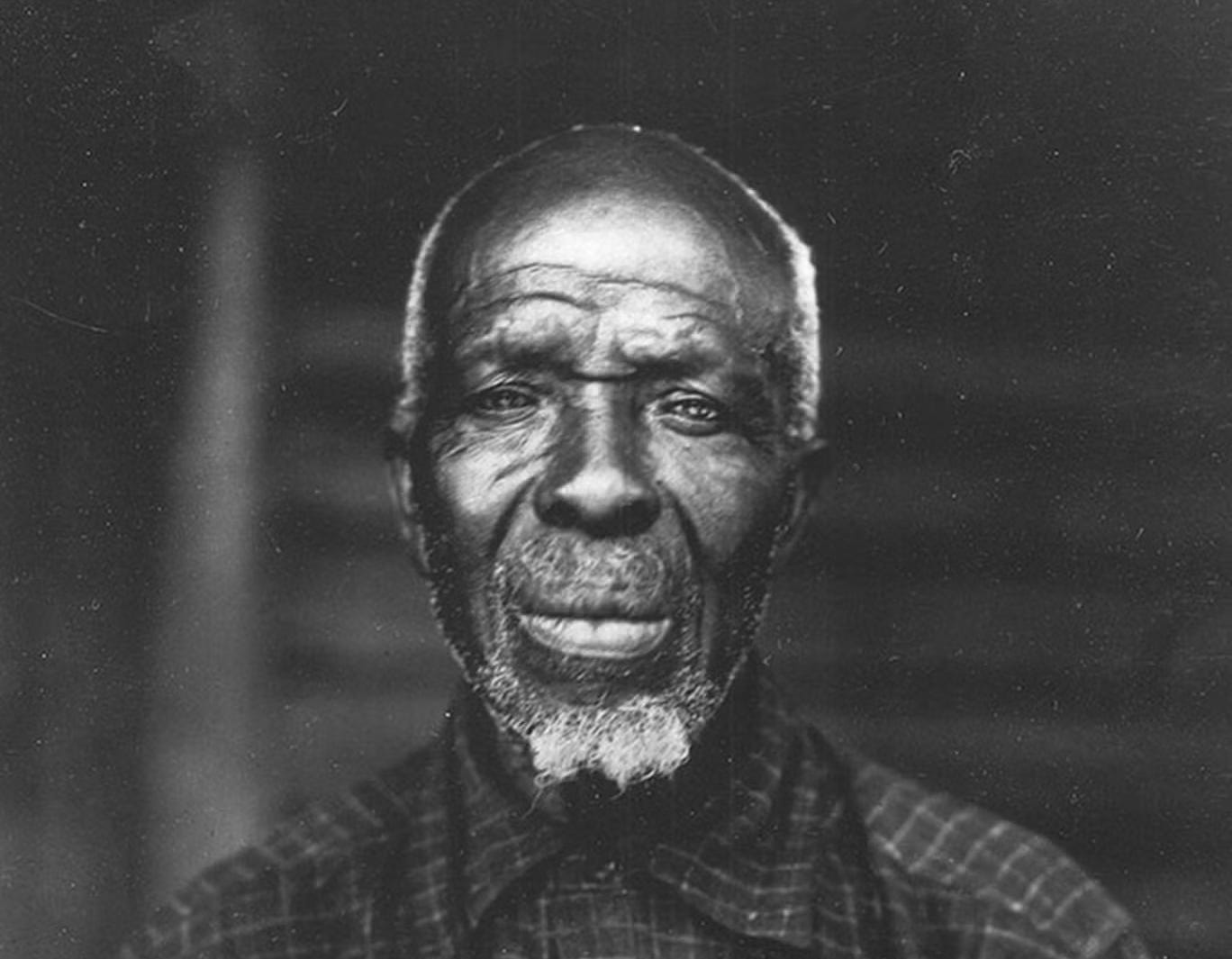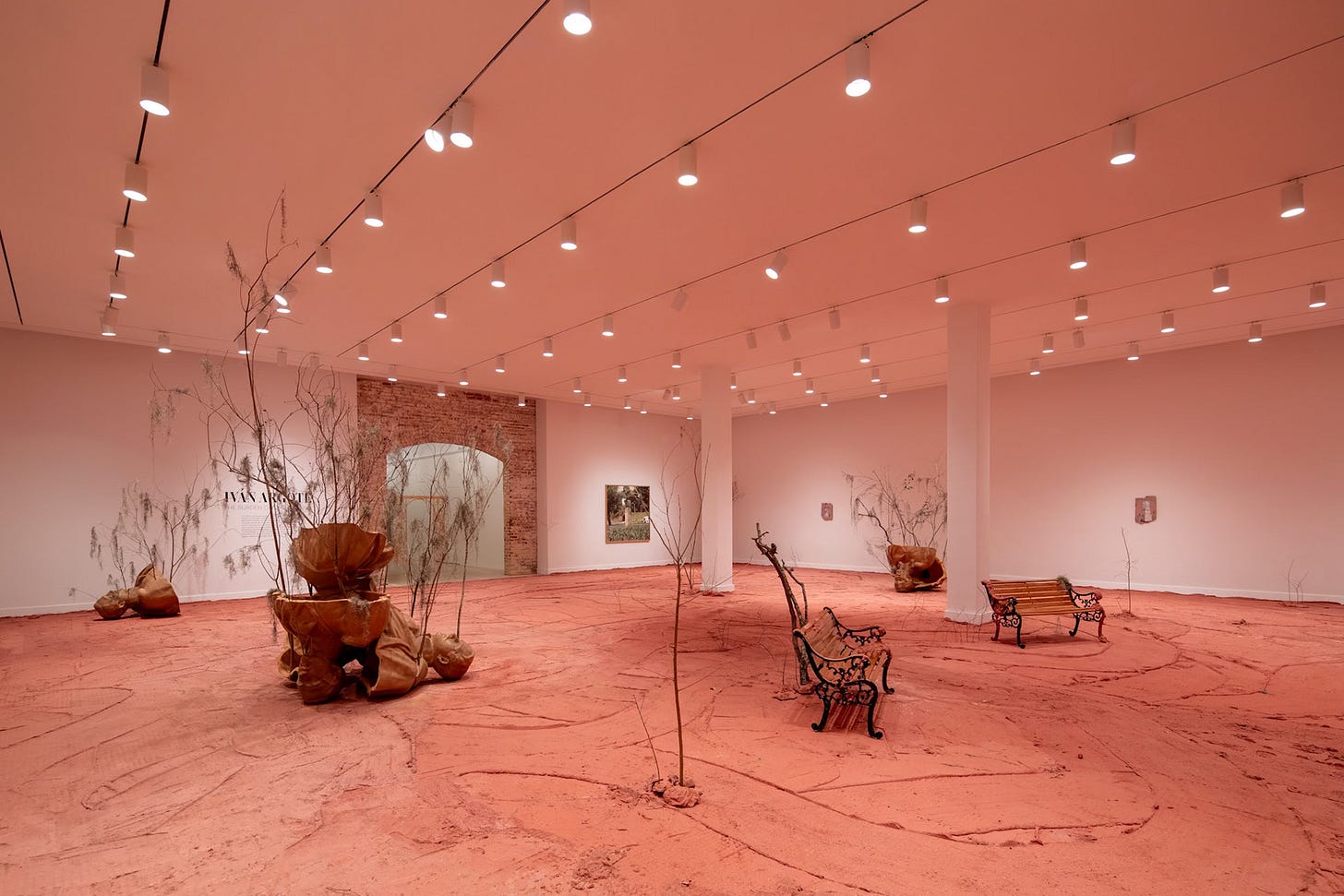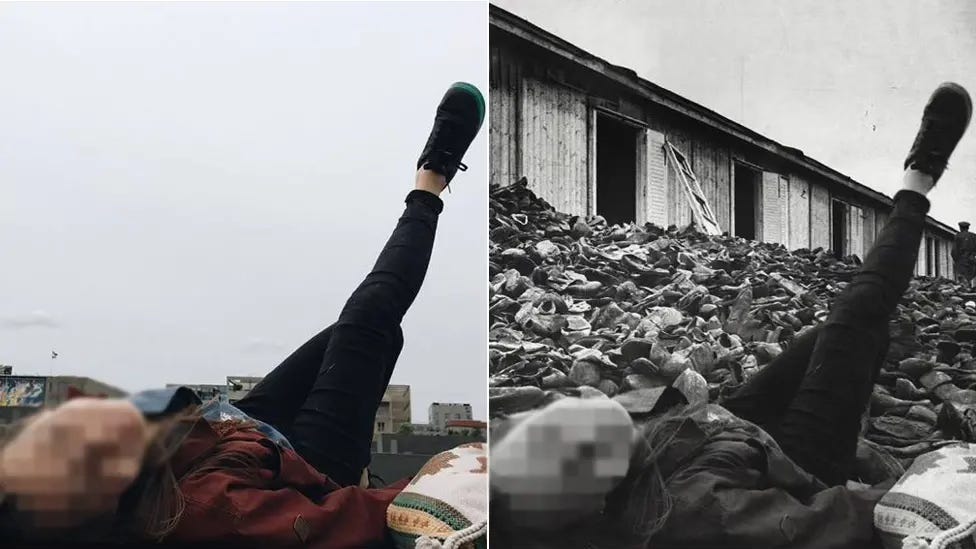This post is a part of a series started by
. 100 days, 100 posts by someone different on Filmstack each day. Thanks to Ted and for organizing this and for including me! I’ve learned so much and I’m thrilled to be a part of keeping the chain going.My work for The Who We Are Project is about collecting, preserving, and sharing little-known or intentionally erased moments in U.S. history, centering the significance of Black history throughout our nation’s story.
Whether you’re into history or not, I think the stories of our ancestors can be a source of powerful inspiration for all kinds of storytelling and really the closest to time travel we can get (for now).
For understanding my/our place in history
Barracoon | Zora Neale Hurston
In 1928, Harlem Renaissance author and anthropologist Zora Neale Hurston interviewed eighty-six-year-old Cudjo Lewis, the last living person illegally captured in West Africa, and brought to the United States by way of the Middle Passage. She titled the book she wrote featuring these interviews, “Barracoon.” The manuscript was never published in her lifetime.
And “Barracoon” remained buried and forgotten until nearly a decade ago when the manuscript, which was preserved at Howard University, was rediscovered by student researchers and posthumously published in 2018.

In times like these, when our history is under attack, it’s an important reminder to me of the importance of collecting and preserving these stories whether or not they’re ever fully honored or recognized in my lifetime.
In Search of Our Mother’s Gardens | Alice Walker
In 1966, young aspiring author Alice Walker went in search of works by Black women she could look up to and fell in love with none other than Zora Neale Hurston’s work. Years later, and by then an acclaimed author and professor herself, Walker began teaching “Their Eyes Were Watching God” in her courses at Wellesley College, helping to revive Hurston’s legacy.
“In Search of Our Mother’s Gardens,” a collection of Walker’s essays spanning her career, includes this account and offers an insightful look at what it means to center overlooked cultural perspectives — showing readers how to use one’s own life experience to seek out the stories that remain unseen, unacknowledged, and untold.
I Saw Death Coming | Kidada Williams
If you know your history, it’s impossible to ignore how remarkably similar the period we’re living in is to Reconstruction. The violent, white backlash driving the current rise of authoritarianism in our country resembles a similar period after the Civil War. This book captures the hope and heartbreak of newly freed enslaved Black people who worked swiftly to build new lives in the Reconstruction era, only to have them upended by the violent, coordinated attacks of a new masked militia called the KKK.
This scene from Lovecraft Country
The first time I saw this scene in the HBO series Lovecraft Country, a chill ran down my spine. It’s the most visually stunning reminder I’ve seen that we can — and we must —call upon the wisdom of those who came before us to fight the horrors of our history and the lingering impact they have left on us.
I’m a mom, so animated Disney series are part of my day-to-day watchlists. (For the high brow among us, #sorrynotsorry). This scene always makes me cry. Miguel (a little boy lost in the afterlife) performs with Hector (his great-grandfather, though he doesn’t know it yet). Although they have never met or played together before, they easily fall into rhythm with one another.
The lesson? Our generational inheritance is a form of history, whether we are consciously aware of it or not.
For creative inspiration/remembering the power of art
The Burden of the Invisible | Ivan Argote
In the battle over what we choose to honor and what we choose to erase or forget, I found this exhibit, which I happened to see while visiting my daughter at school at SCAD, incredibly intriguing.
Our current arguments about public monuments in the U.S. are often reduced to whether they should remain or be removed. What if there are other creative ways to stay in conversation with our past? To iterate new meaning, new lessons for the future? That’s the power of art.
When tourists refused to see how disrespectful their behavior was when visiting former Holocaust sites, this artist created works of art that were more effective than any lecture ever could be.
I saw this short National Geographic documentary on Japanese “Living National Treasures” in high school, and I have never forgotten it. I re-watched it recently, and I’m struck now that the “treasures” themselves are spoken over and for in scenes where they’re talking. But, problematic elements aside, I was and am amazed that Japan has an official role and title for elders who preserve their living history. I’m especially moved by the artist Jūzō Kagoshima featured in the film, who was both a poet and a doll maker, and says in the film, “At first sight, dolls and poems may seem different, but the difference between them is just material.”
That has stayed with me all my life. It’s true. Find your material.
The Isolation Journals | Suleika Jaouad
I love a good prompt to get me out of a funk and Suleika Jaouad’s steady stream of prompts offered on her Substack platform and new book, The Book of Alchemy, always deliver.
For exercises in imagining the future
I love end-of-the-world/dystopian/apocalyptic stories. I feel like they can teach us a lot about how to imagine a better future.
The Land of Milk and Honey by C. Pam Zang
A novel about attempts to escape the end of the world: this short read follows a chef tasked with cooking for ultra-wealthy folks surviving on a post-apocalyptic compound. A surprisingly fun and hopeful read.
Station 11 by Emily St. John Mandel
This short dystopian novel was so thought-provoking. I can’t recommend it enough. “If hell is other people, what is a world with almost no people in it?” I don’t want to spoil anything, but it turns out, we need each other.
I loved this 8-episode series starring Fred Armisen and Maya Rudolph. What if life were the same after we died? What would we do differently if we knew we could be whoever we wanted to be?
…And that’s a wrap. So excited for more Filmstack Inspo! Thoughts on anything I’ve shared? Hit me up and leave a comment below.




The return of deep love and respect for all our ancestors would greatly improve all that is ill in this world. If we could then recognize our Living Treasures, it would be heaven on earth. Thanks for this deep, rich share Diana!